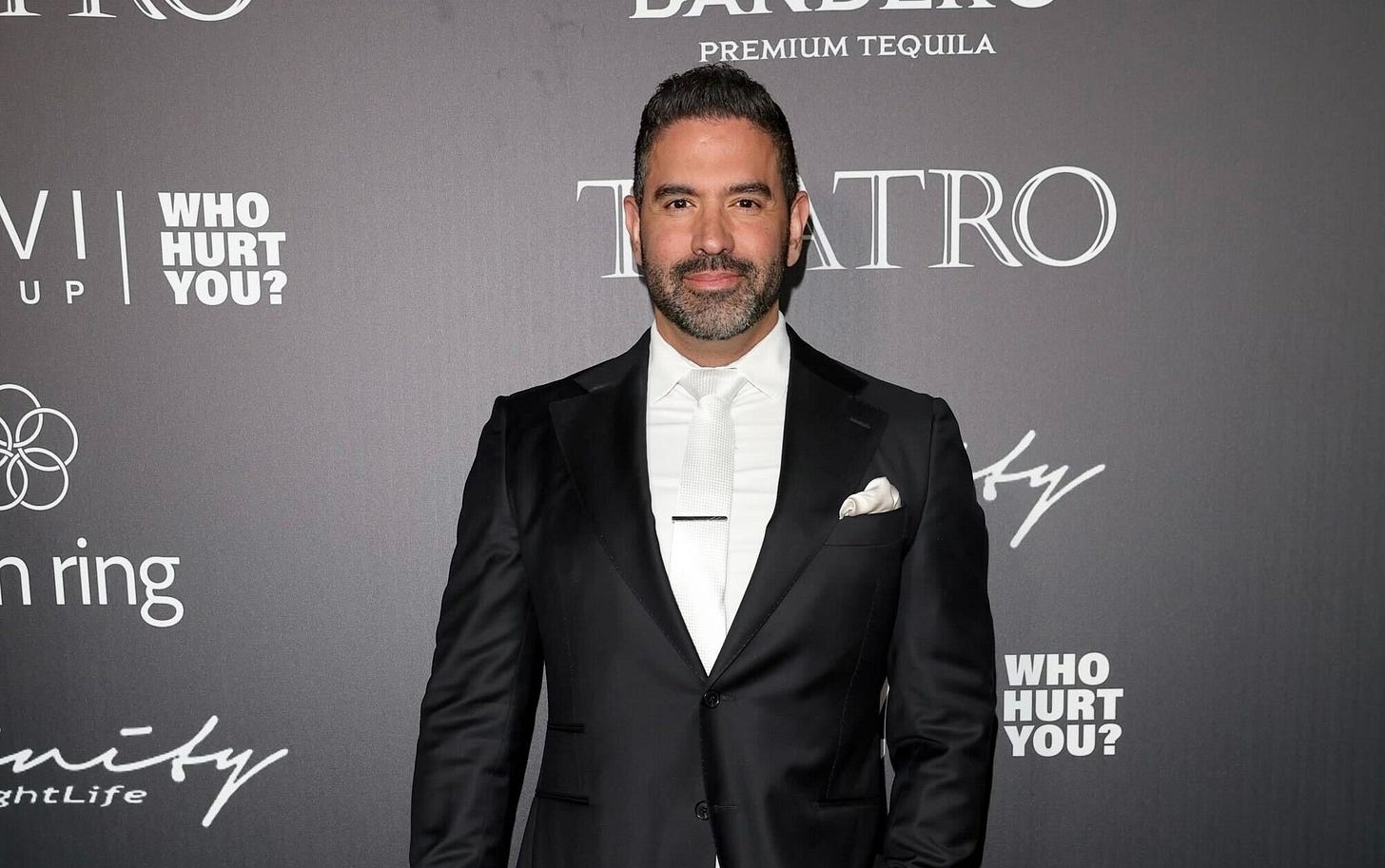Passive - Aggressive Behavior's Damage to Leadership Respect and Effectiveness
A brief on what to avoid in leadership and how to earn respect, trust and strength
There is a high degree of risk that becomes present with substandard leadership.
Michael Sartain, the founder and performance coach at Men of Action (MOA), which helps people build high-status social circles, noticed less-than-impressive authority and direction at the top when he served in the Air Force for seven years, where he achieved the rating of Instructor Navigator and obtained the rank of Captain.
He knows the "incredible destructive power of poor leadership” and talks about it.
“A squadron commander I worked with was fired because she refused to take responsibility. She avoided tasks from her superior and neglected her fitness records,” Sartain says.
“In business, I've had partners who were problematic in different ways. One was fixated on getting more money from clients without adding value, while another stole from his employees and others.”
It’s led Sartain to develop takeaways from those observations and experiences.
“Poor leaders avoid responsibility and blame others. They want authority but don’t want to deal with the consequences,” he says.
They aren’t doing what respected people in authority and power do.
“Good leaders delegate authority but take responsibility for the outcomes,” he stresses. “They also don’t seek excessive praise or validation. Instead, they focus on giving credit where it's due and taking the blame when things go wrong.”
Leaders forfeit trust through certain behaviors, revealing lesser effectiveness.
“If you're dealing with a leader who plays favorites or demands validation, it’s a sign of poor leadership,” Sartain says, adding that, “This type of leadership creates a toxic environment and can ultimately lead to failure.”
Passive-aggressive behavior is one reactive action that some leaders and people habitually use or are addicted to as a default approach. They may or may not realize they are doing it and how it comes across to people, impacts trust and reputation.
“Passive-aggressive behavior is a serious issue,” Sartain says. “If someone talks negatively about their boss behind their back and the person they’re speaking to doesn’t address it with the boss, they’re also being passive-aggressive.
“It spreads like a disease and creates a toxic environment.”
He recalls how problems were addressed in the Air Force.
“In the military, we handle issues at the lowest level possible before escalating them. Passive-aggressive behavior avoids direct confrontation, which only leads to more conflict,” Sartain says.
“People often think they’re being nice by avoiding confrontation but confrontation is a natural part of productivity. For example, friction between car parts generates the heat needed for the engine to work.”
He talks about the behavior within the context of personal relationships.
“Passive-aggressive behavior can mean waiting for the ‘right moment’ to bring up past grievances, which is manipulative,” Sartain says. “Instead of addressing issues right away, some people hold onto grudges and use them later to hurt others.”
There is another way, one that gets respected and shows competence and excellence.
“Good leaders and communicators tackle issues directly. They don’t resort to passive aggression or hold grudges,” Sartain says.
“When you confront issues head-on, people usually appreciate it. For instance, when I hold clients accountable and they resist, they might complain or ask for refunds. This happens because they’re not used to being confronted with the truth and (they) prefer avoiding their problems.”
The prescription for addressing passive-aggressive behavior, Sartain says, “involves being direct and dealing with issues as they arise.
That might feel uncomfortable yet it’s necessary.
“It’s crucial for maintaining trust and effective communication,” Sartain stresses. “As a leader, you need to understand that people are always watching you, even when you think they’re not. Demonstrating ethical behavior is crucial because it sets a standard for others.”
Leadership that earns trust, credibility, influence and persuasive power is doing yourself what you expect of others.
“Being a boss means working harder than anyone else, not just issuing orders,” Sartain says. “When things go wrong, it reflects on you, not just your team. You must take responsibility for both the successes and failures of the business.”
“Focus on adding value to your team and taking responsibility for the company’s success. Consistent right actions will lead to success.”
Michael Toebe is a specialist for trust, risk, relationship, communications and reputation at Reputation Intelligence - Reputation Quality. He serves individuals and organizations by helping them further build, protect, restore and reconstruct reputation.
Follow Reputation Intelligence on Twitter/ “X”
Follow Reputation Intelligence on the Medium platform for more stories/insights



